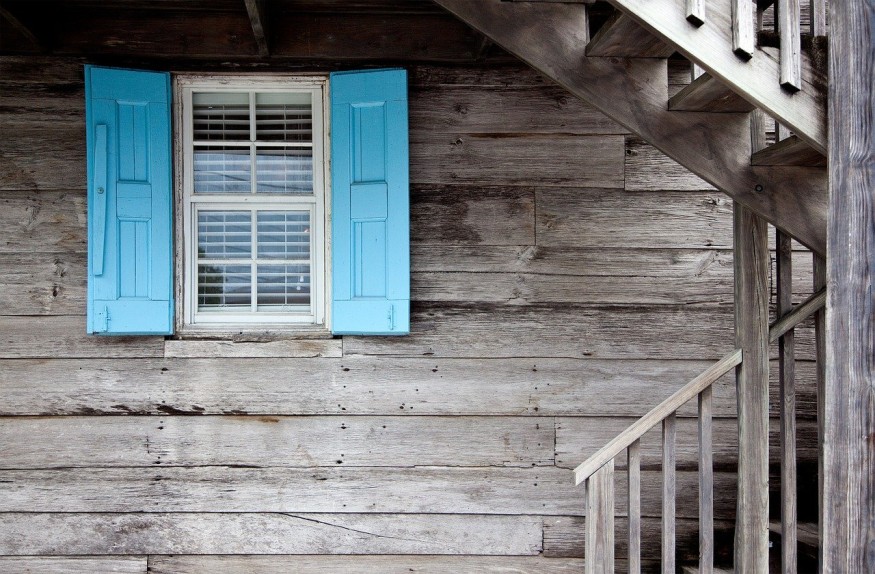
All set to invest in a new house? Well, buying a home is one of the most significant decisions of our lives. Right from the time you figure out the budget for your home to hiring a realtor, here are some things that you ought to consider before investing in a new house.
Go to a Trusted Realtor
When you buy a home, your realtor gets a cut of the sales price. This makes a lot of new home buyers hesitant in hiring a realtor since they believe it will drive up the overall cost of the home. Please know that it is the seller and not the buyer who has to pay for the commission. Potential buyers must also know that a listing agent i.e. the agent who represents the seller will never protect your interests rather he'd pocket the commission from both the sides. So, naturally, it means that you are in no way saving any money here. Ashima who offers online statistics homework help says that it is important to have a dedicated realtor of your own who will protect your interests and guide you through the entire process of buying.
Know that purchase of the house involves a contract
Whenever you are buying a house, there are certain papers that you ought to sign. A lot of these papers, which are contracts mostly look like your standard home buying contracts. In these contracts, seller claims that there is zero scope of negotiation. However, this isn't true. Contracts are meant to be negotiated. You are not bound to sign a standard agreement. In case, you wish to review your inspection, you have to speak to the realtor and he will put forth the changes that you need in the contract and only after the two parties agree, the contract will be signed.
Don't necessarily buy for the life you have today
Akshit who offers assignment help online says that buying a house is the biggest financial decision and commitment of our lives. So, before you think of investing in something which you think is your dream house, you should consider your long-term plans. Do you intend to continue in your current job? Are you planning to get married anytime soon? Will you start a family soon? If this house doesn't satiate your long-term goals, you must not settle with it and rather keep looking.
Think about commitment
Here, I am just not referring only to the mortgage. When you get married, the laws of the state determine how your assets will be treated and ultimately how it would be distributed in case of a separation or a divorce. Such rules never apply when you are not married. So, the idea before investing in the house is thinking long-term. Whenever you buy a house with your partner who is not yet your spouse, you must ensure that you have an exit plan in case the things don't go as planned. Also consider having an agreement, in this case, concerning mortgage payments, titling, repairs, liability, and more. It is always a good idea to get things in writing.
Look beyond paint
The problem with the young new buyers is that when they look at their dream house there is always this one room which they fantasize about changing. Akhil who offers do my paper service says that it is often inexpensive to fix the cosmetic issues i.e. paint or a wallpaper however when you plan on changing the bathroom or the kitchen, it can be fairly expensive. People usually focus on the cost of the appliances, cabinets and counters. In all this, they ignore the cost of the labour which is usually triple the cost. This, however, doesn't mean that you have to give up a house that needs fixing rather you should consider whether or not you can afford these expenses.
Buy the house you know that you can afford
Your idea of what you can afford can be different from what your mortgage company believes that you can afford. So, what is the ratio that you have to use? Mostly all the lenders suggest that you can afford the loan amount equal to 1/3 of your gross income. However, we suggest something close to 28% for housing-related costs like insurance, mortgage and taxes. There are a plethora of factors such as interest rates, projected income and the type of market or mortgage to consider. Ask the broker and they'll help you understand the technicalities.
So, these according to us are a few things that you must consider before buying a house.
© 2026 Realty Today All rights reserved. Do not reproduce without permission.



